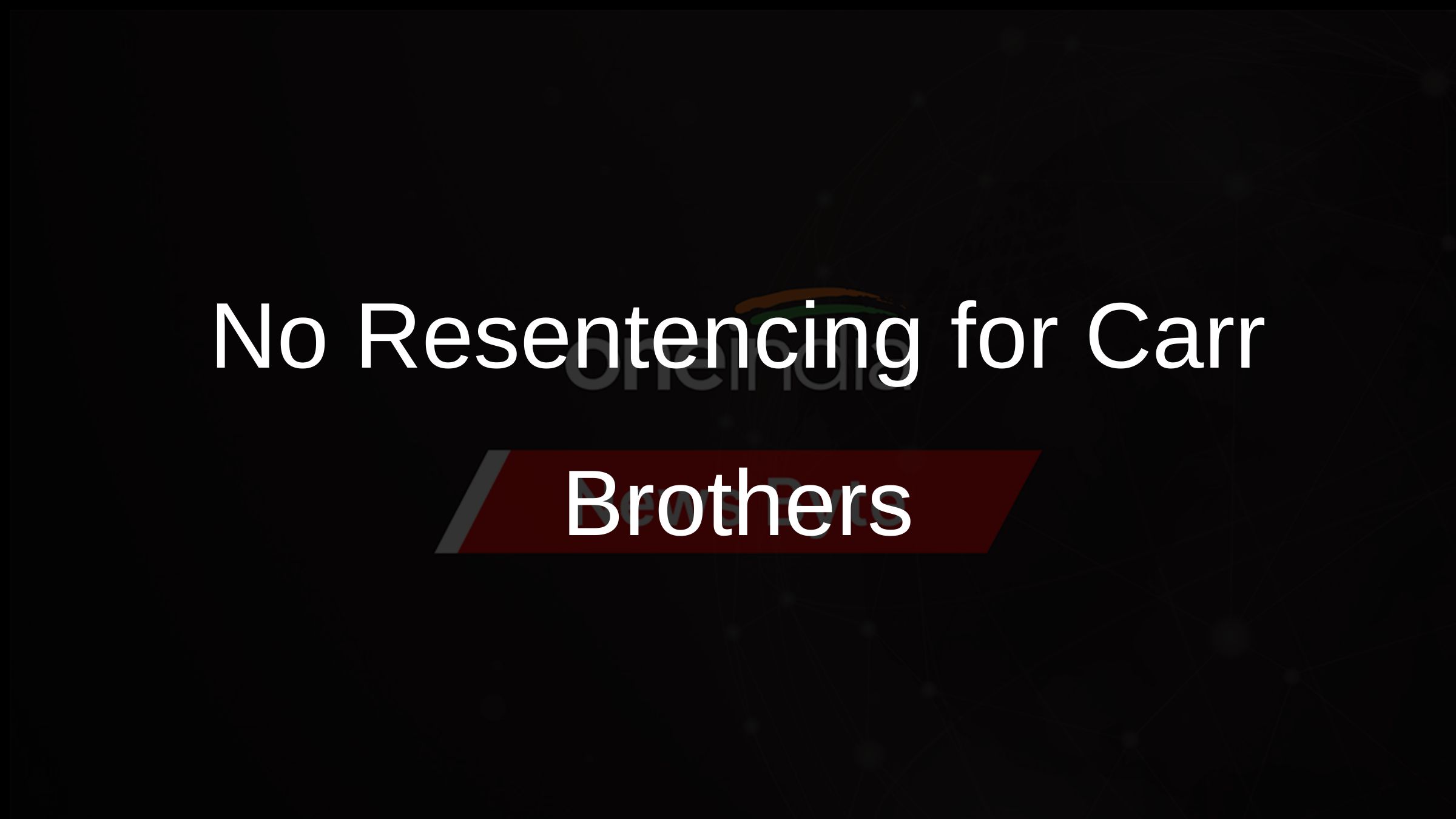Japan opposition chief to stay, confusion persists
TOKYO, Nov 7 (Reuters) The leader of Japan's main opposition party was expected to confirm today that he had reversed his abrupt decision to quit, averting a shift that could have handed the ruling bloc complete control of parliament.
The latest twist in Japan's political saga has nonetheless hurt the Democratic Party's image, just months after a stunning showing in an upper house poll raised hopes among backers that they might win the next election and lead the government.
Analysts said it remained to be seen whether Prime Minister Yasuo Fukuda could take advantage of opposition weakness to break a parliamentary deadlock that has stalled policy steps, including an extension to a naval mission in support of US-led operations in Afghanistan that was halted last week.
Democratic Party leader Ichiro Ozawa offered to step down on Sunday after his party rejected the idea of a coalition with the ruling bloc, sparking speculation that he and supporters might bolt and go over to the other side.
That could have deprived the opposition of its control of the upper house, where they can currently delay legislation.
Then yesterday, a Democratic Party executive said Ozawa had accepted a plea to stay on, a move aimed at preventing a break up of the party -- a fractious group of former ruling party members, ex-socialists and hawkish younger lawmakers.
''They look like a headless chicken,'' said Koichi Nakano, a Sophia University political science professor.
''There are lingering doubts about what Ozawa will be up to next and whether he can present a convincing face.'' Chief Cabinet Secretary Nobutaka Machimura said he hoped that cooperation with the Democrats on specific policies was possible, even if the idea of a grand coalition -- floated in one-on-one talks between Ozawa and Fukuda last week -- had been shelved.
''Whether or not it is in a 'grand coalition', I hope we will be able to hold policy discussions on various issues,'' he told a news conference.
The LDP and its junior coalition partner can override the upper house with their two-thirds majority in the lower chamber, but have been wary of doing so for fear of a public backlash.
Democratic Party elder Kozo Watanabe sounded a conciliatory note towards the government.
''We will confront them on such matters as fixing social gaps ...
but on security and diplomatic issues, we will give priority to national interests and in some cases, we can hold discussions,'' he told public broadcaster NHK.
Whether that reflects a unified party line was in some doubt, although analysts said the fact that the Democrats had begged Ozawa to stay would give him considerable clout within the party.
''There will be a lot of guys in the DPJ going on TV and saying 'Sorry for the confusion, what we meant to say was...','' said Chuo University political science professor Steven Reed.
''But it's not going to have credibility and they don't have a unified answer. It's all up in the air.'' The political uncertainty has clouded the outlook for the next lower house election, which must be held by 2009.
The opposition chaos might incline Fukuda to call a poll soon, but some analysts doubted he would be willing to risk losing the huge majority won by the ruling bloc in 2005.
''The Democrats committed a huge error of judgment. It's their loss, but it's not necessarily the LDP's win,'' Nakason said.
''Winning in the lower house is not good enough, because nothing changes in the upper house.'' Elections for half of the upper house's 242 members are held every three years. It cannot be dissolved for snap polls.
REUTERS
RC
SSC1138


 Click it and Unblock the Notifications
Click it and Unblock the Notifications




